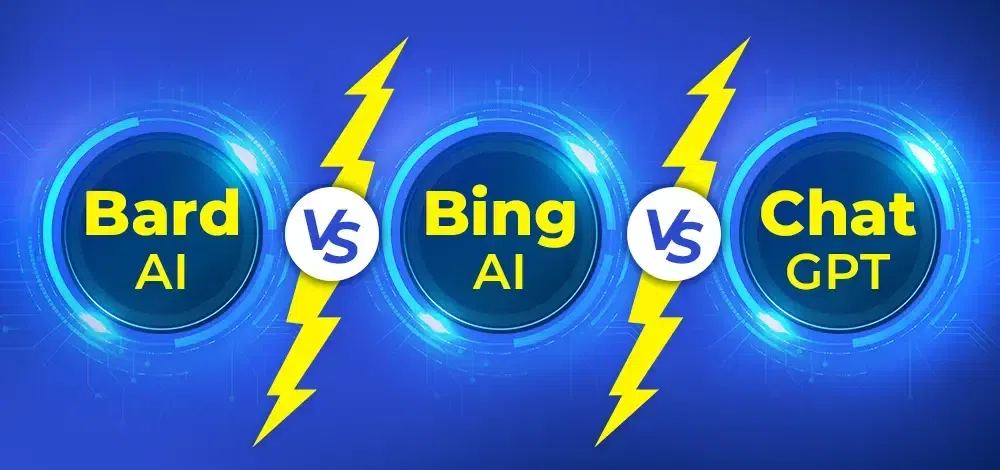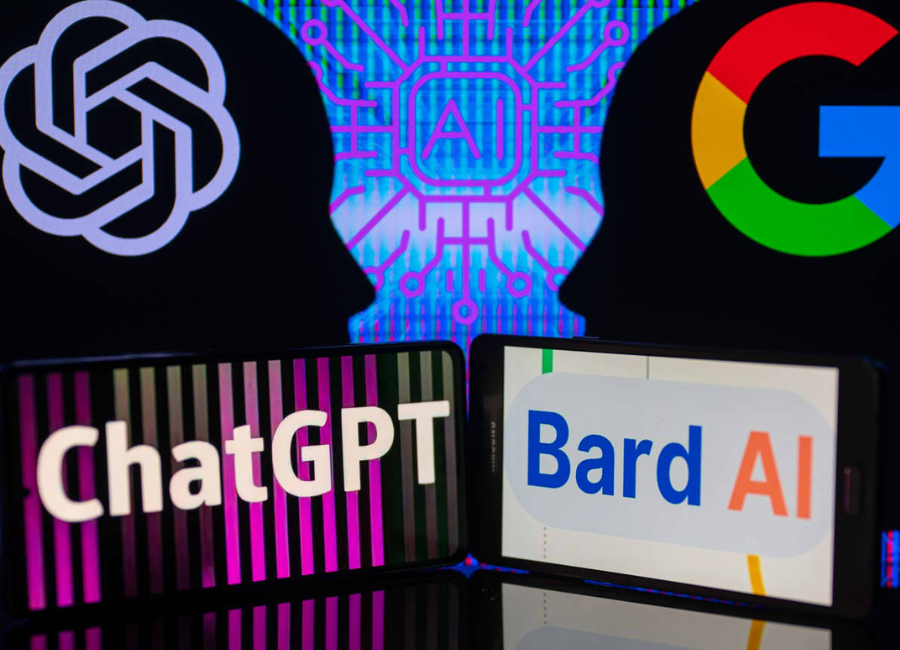Major players like Microsoft with its Bing AI and Copilot, Google with Bard, and OpenAI with ChatGPT-4 are democratizing AI chatbot technology, making it more accessible to the general public.
Large language model (LLM) programs, such as OpenAI’s GPT-3, operate by utilizing a series of autocomplete-like programs to learn language. According to GPT-3, these programs analyze the statistical properties of language, allowing them to make educated guesses based on the words users have typed previously.
In simpler terms, these AI tools function as extensive autocomplete systems, predicting the next word in a sentence. However, it’s essential to note that they lack a hard-coded database of facts and instead rely on the ability to generate plausible-sounding statements. This characteristic introduces the risk of presenting false information as truth, as the plausibility of a sentence does not guarantee its factual accuracy, as explained by James Vincent.

The AI landscape involves various components that are rapidly evolving, presenting both opportunities and challenges. While the increased accessibility of AI chatbot technology has its benefits, it also raises concerns about the potential misuse of these powerful language models.
One prominent player in this field is Microsoft, which has introduced its Bing AI and Copilot. Copilot, an AI chatbot developed by Microsoft, has garnered attention for generating information related to the US Elections 2024, raising concerns about the accuracy of the details provided. The inaccuracies in Copilot’s responses have sparked discussions about the need for quick intervention and corrective measures to prevent the spread of misinformation, especially in the context of critical events like elections.
Google, with its AI offering called Bard, is another key player in the AI chatbot space. Similar to Copilot, Bard utilizes generative AI to create content based on text prompts. However, concerns have been raised about the potential for misinformation and the need for regulations to mitigate the risks associated with AI-generated content.
OpenAI’s ChatGPT-4, the latest iteration of its language model, represents a significant advancement in the AI landscape. With improved capabilities, ChatGPT-4 is expected to provide users with more sophisticated conversational experiences. However, as these AI models become more powerful, there is a growing need for responsible use and ethical considerations to prevent unintended consequences.
The democratization of AI chatbot technology brings both opportunities and challenges. On the positive side, it opens up new possibilities for innovation and user engagement. However, the risk of misinformation, bias, and unintended consequences underscores the importance of implementing robust safeguards, regulations, and ethical guidelines in the development and deployment of AI technologies.
As AI continues to reshape the internet, stakeholders, including tech companies, policymakers, and the broader public, must collaborate to strike a balance between innovation and responsible use. The evolving AI landscape requires ongoing scrutiny, adaptability, and a commitment to addressing emerging challenges to ensure that these powerful technologies contribute positively to society.







